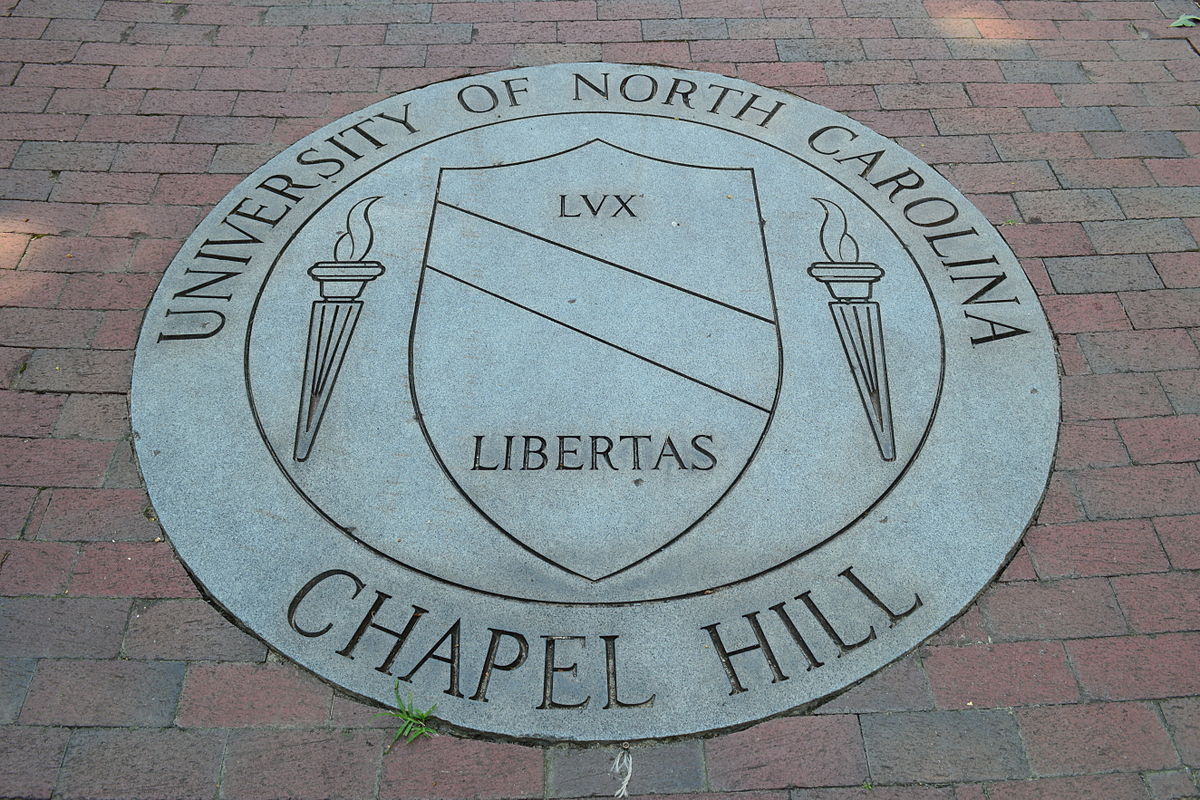“All happy families are alike, but every unhappy family is unhappy in its own way.”
This line, from Leo Tolstoy’s Anna Karenina, is usually quoted before one is about to describe something they see as uniquely difficult. We often hear this in Chapel Hill. Our history of development is troubled. Our “urban form” is challenging. Our politics are complex.
While all of these might be true, Chapel Hill’s problems are not unique. In face, many university towns facing housing affordability challenges think they’re different, but share very similar characteristics. The properties that unite these towns include:
- The largest employer and landowner is a university whose workforce and student housing policies are not under control of the town.
- They are among the most historically desirable and amenity-rich suburbs or peripheral towns of a larger, growing metropolitan region.
- Their land is constrained due to a combination of natural barriers and de-facto and de-jure growth boundaries.
- A highly discretionary and restrictive, advisory-board heavy, “big yellow taxi” development regime that developed in 60s-80s as part of the environmental movement of that era.
- An incumbent population that enjoys the “unique” “island” “oasis” “village” aesthetic and lifestyle properties of the town they moved to that they view as incompatible with growth and higher densities.
Each has its own configurations of pro-growth/urbanist, and slow-growth groups and are at different existing states of development density, but a cursory review of the websites and Nextdoor discussions in such towns reveals that the development politics are fundamentally similar.
| Pro-Growth/Urbanist Group | Slow-Growth/Neighborhood Defender Group | |
|---|---|---|
| Ann Arbor, MI | A2 Yimby, Neighbors for More Neighbors Ann Arbor | Ann Arbor Politics |
| Boulder, CO | Better Boulder, Boulder Coalition | Plan Boulder |
| Chapel Hill, NC | NEXT Forward | CHALT |
| Davis, CA | Sustainable Growth Yolo | Davis Citizens for Responsible Planning |
| Princeton, NJ | Walkable Princeton | Princeton Coalition for Responsible Development |
| Santa Cruz, CA | Santa Cruz YIMBY | Livable Santa Cruz |
These towns also tend to attract people who are politically active, and that includes doing work in their local communities. Starting in the 1970s, environmentalists living in college towns worked locally to pass all kinds of laws, both good (recycling and composting programs) and possibly bad (urban growth boundaries that eventually drove up prices).
In recent years, we’ve seen YIMBY-adjacent groups rise up in college towns to directly challenge well-established groups that have fought the building of additional housing, often in the name of the environment. But while a general “abundant housing” bag of policies is likely to be helpful at the margins, college towns are also unique, in ways that both support and deviate from the YIMBY agenda. In part two, I’ll discuss the ways in which college towns are unique.

